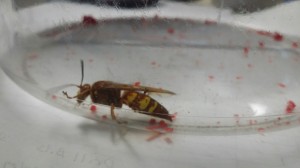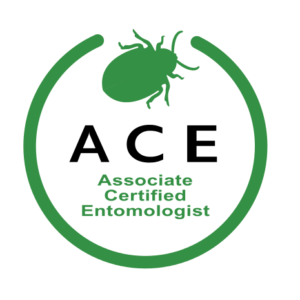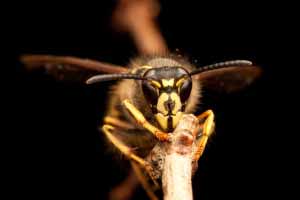Every once in awhile somebody hits me with this statement, I can answer it with just a few short words:
Scorpions
and those other occasional pest like mosquitoes, flies and roaches….
The statistics are there if you want them. But as I have mentioned often, bugs have killed way more of us than anything else. As I have said numerous times you don’t always have to use pesticides. There are those that would say you never ever should use pesticides. There are times and a place for the use and sometimes it is just cost effective to do it plain and simple. IPM or Integrated Pest Management is the best way – it just makes you think about it in a way that makes complete sense. Use what you have by ways of home-sealing, door sweeps etc and if you must, then use some pesticide. (Always read and follow Labels, SDS and labeling use directions).
Recently the ticks have become unbelievable – sometimes just 100’s in a home. Just a few weeks ago Flagstaff had some issues at a camp – “Tick-borne disease temporally closes Flagstaff’s Camp Colton“. Maybe they should consider Tick Boxes TCS
I know there are those that think some type of oil will kill everything, they just don’t last and seldom work as a true pesticide does. But again I realize that not everyone will agree but do you have some opinions or facts I’m not aware of?








